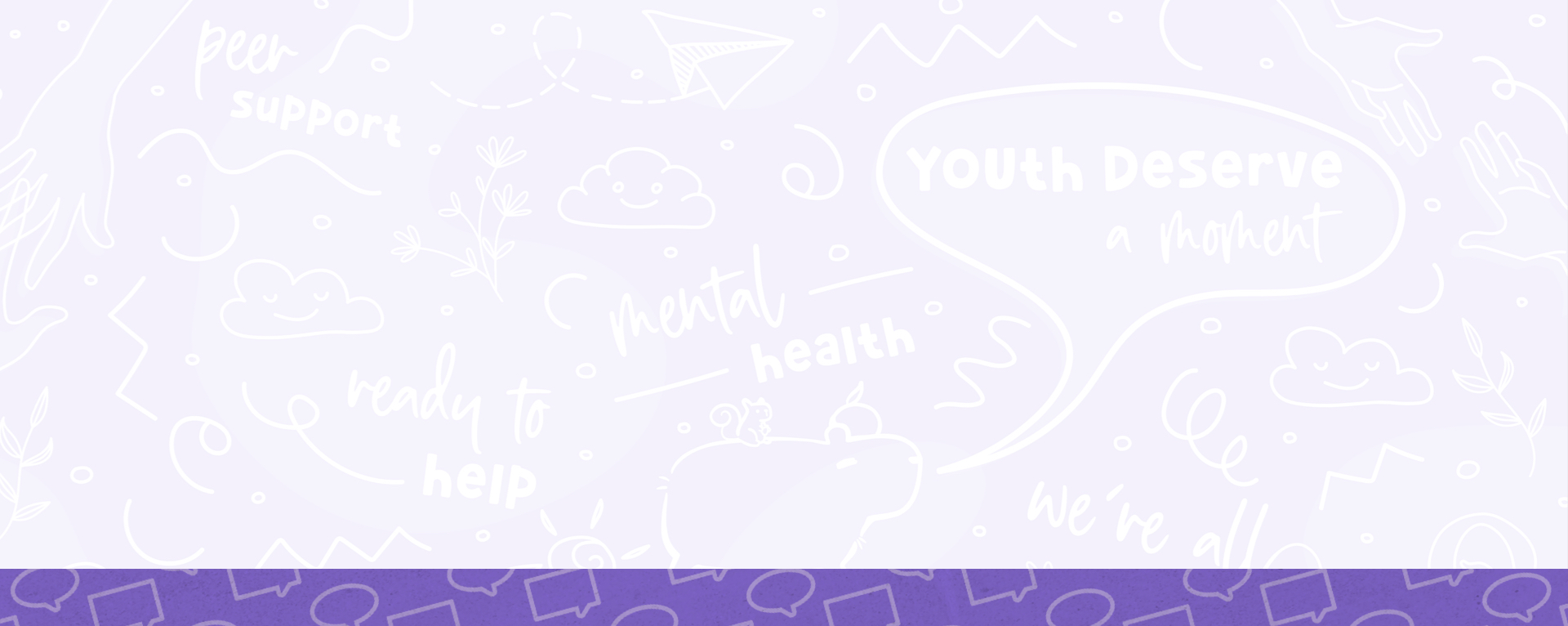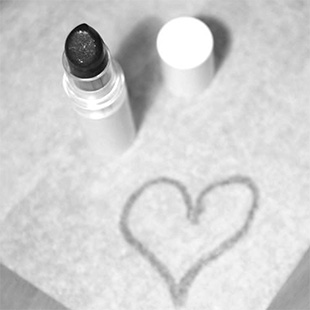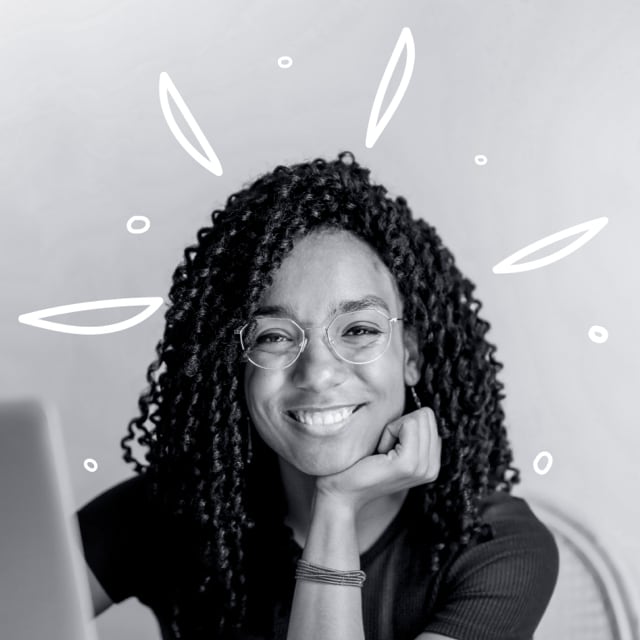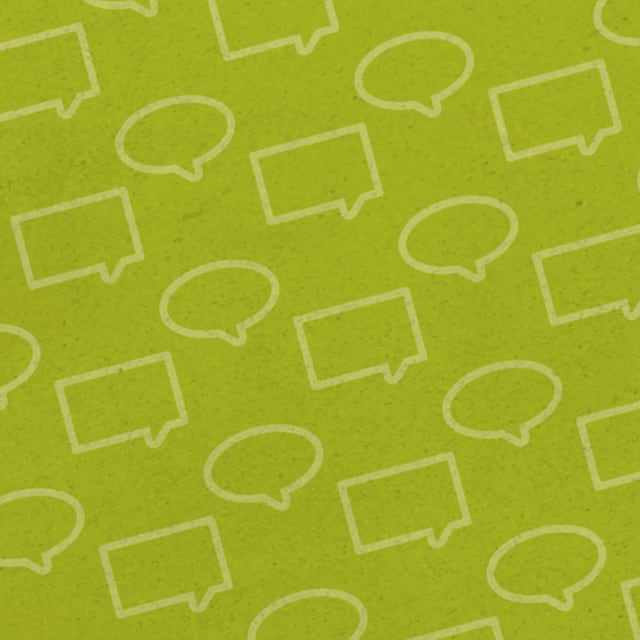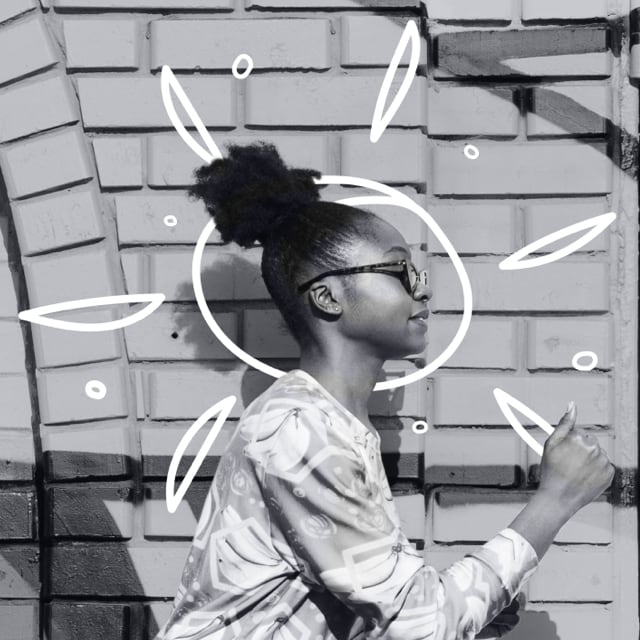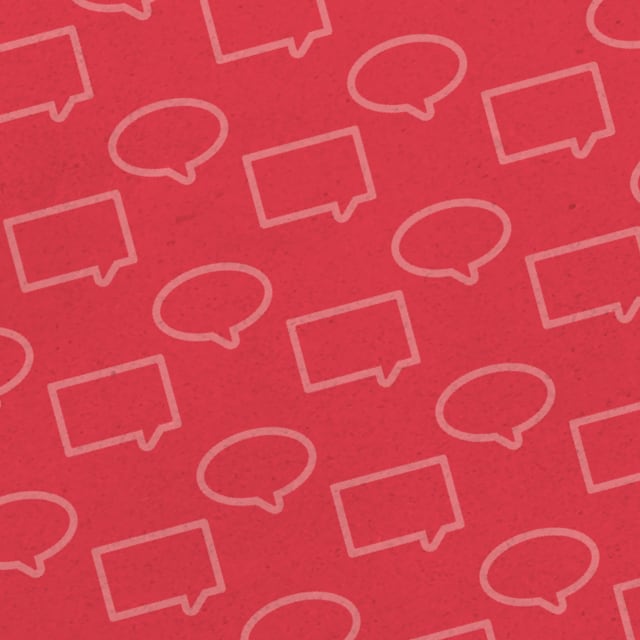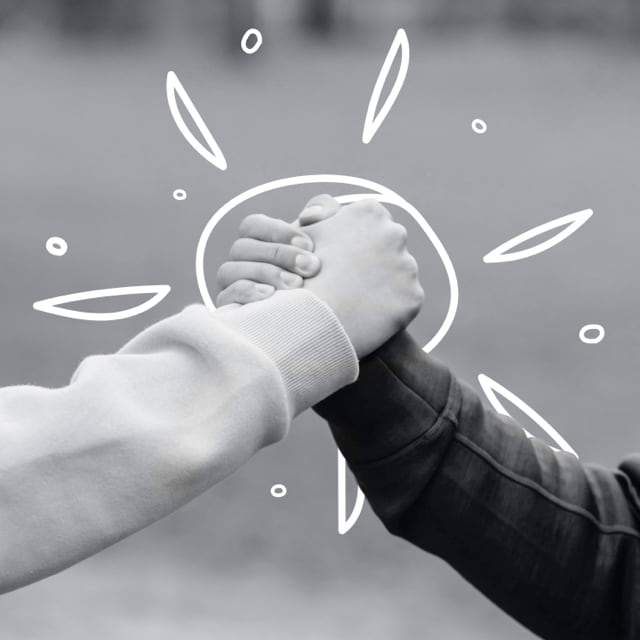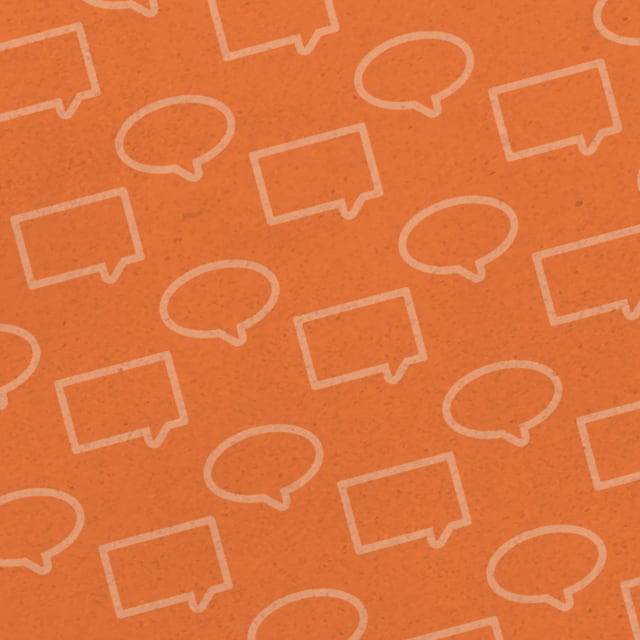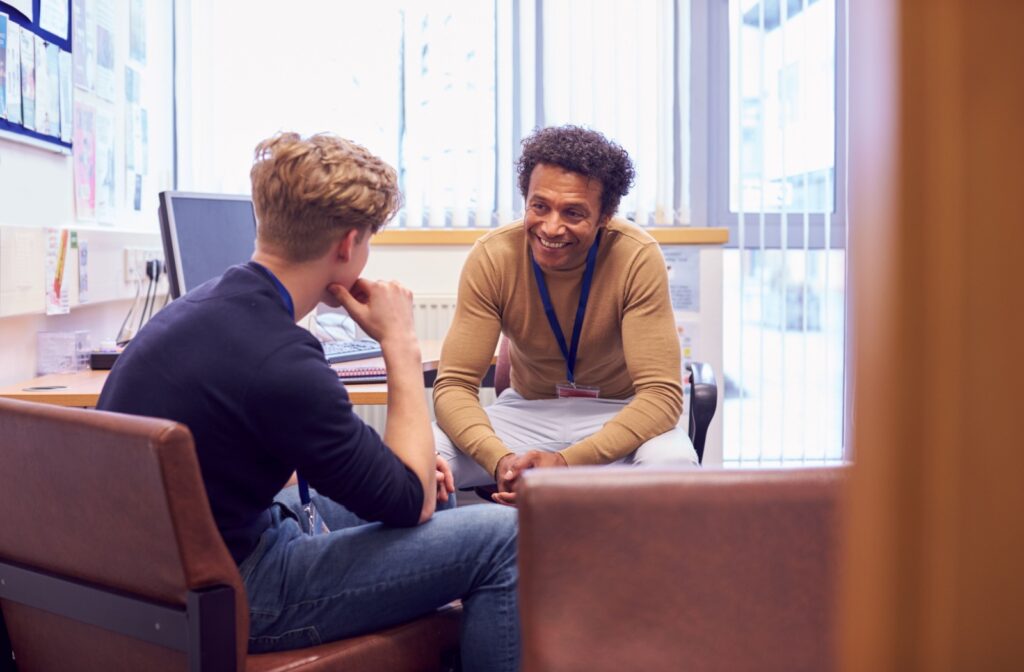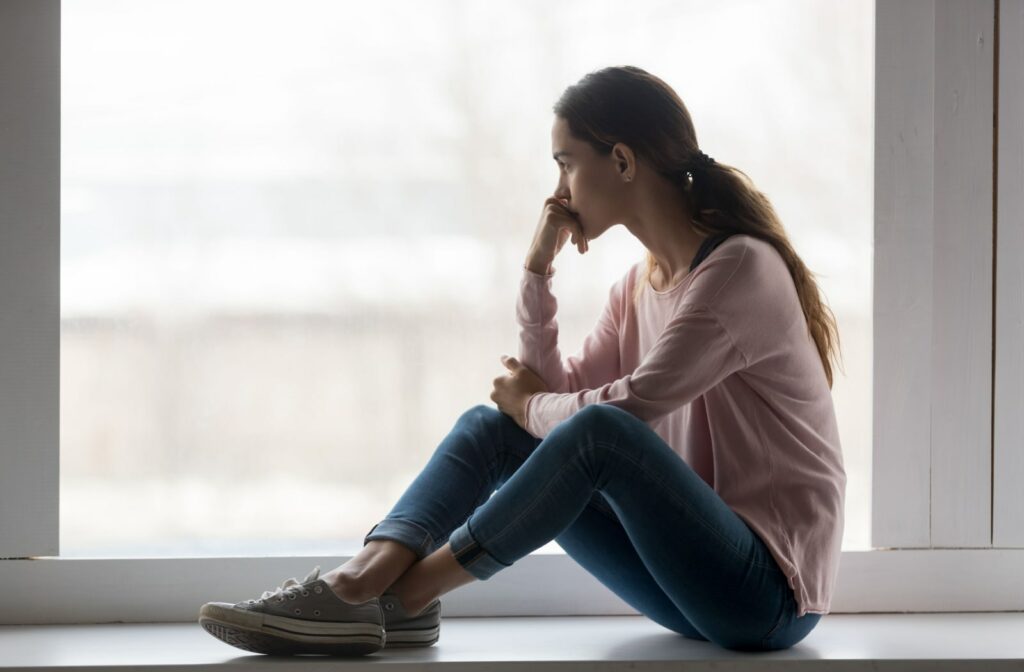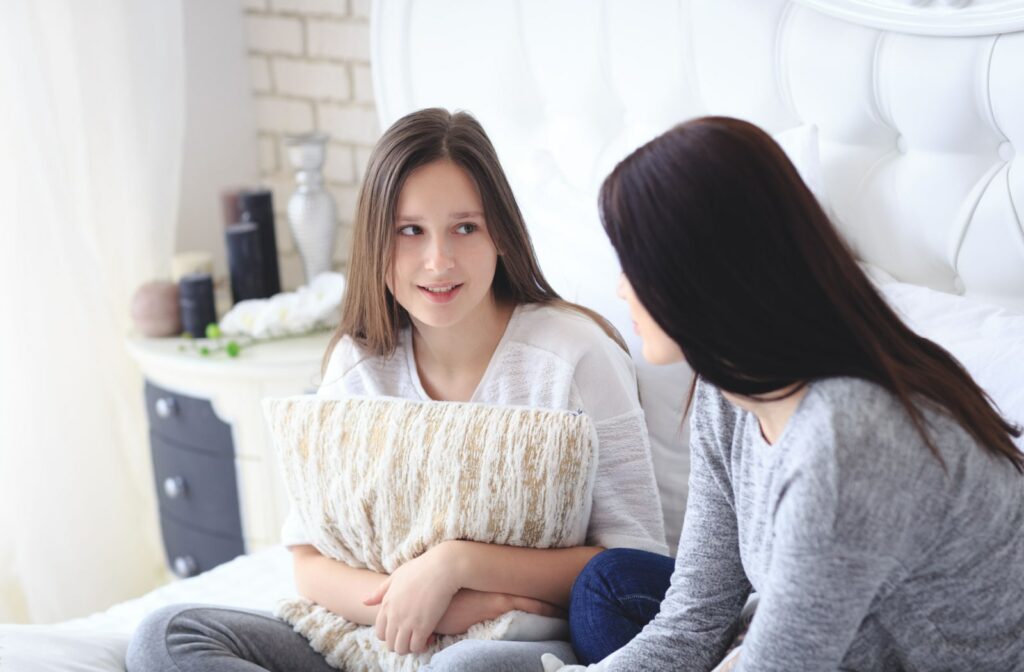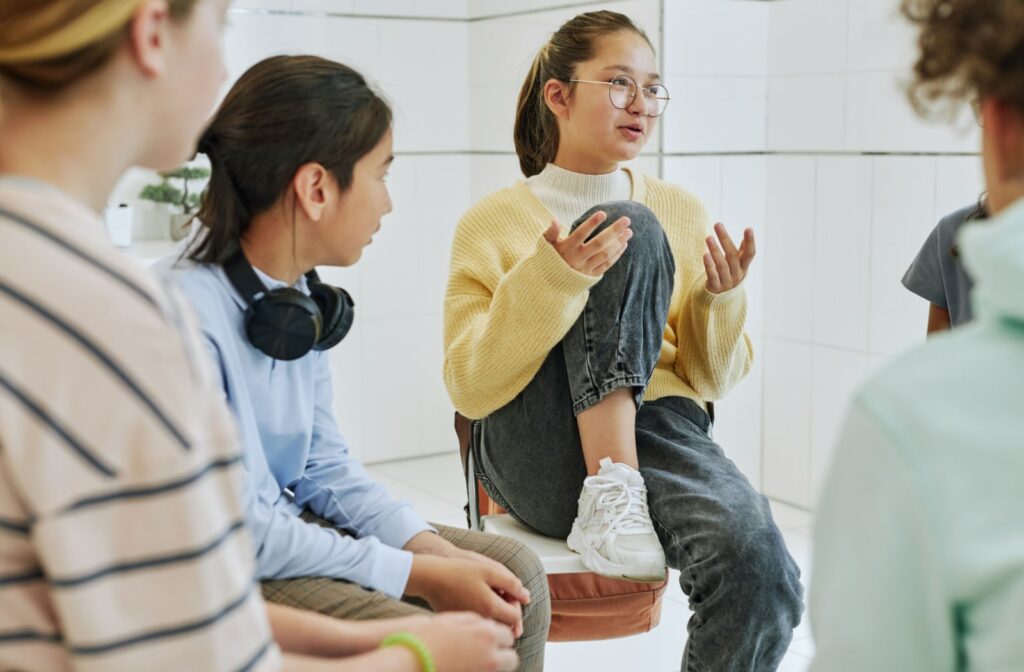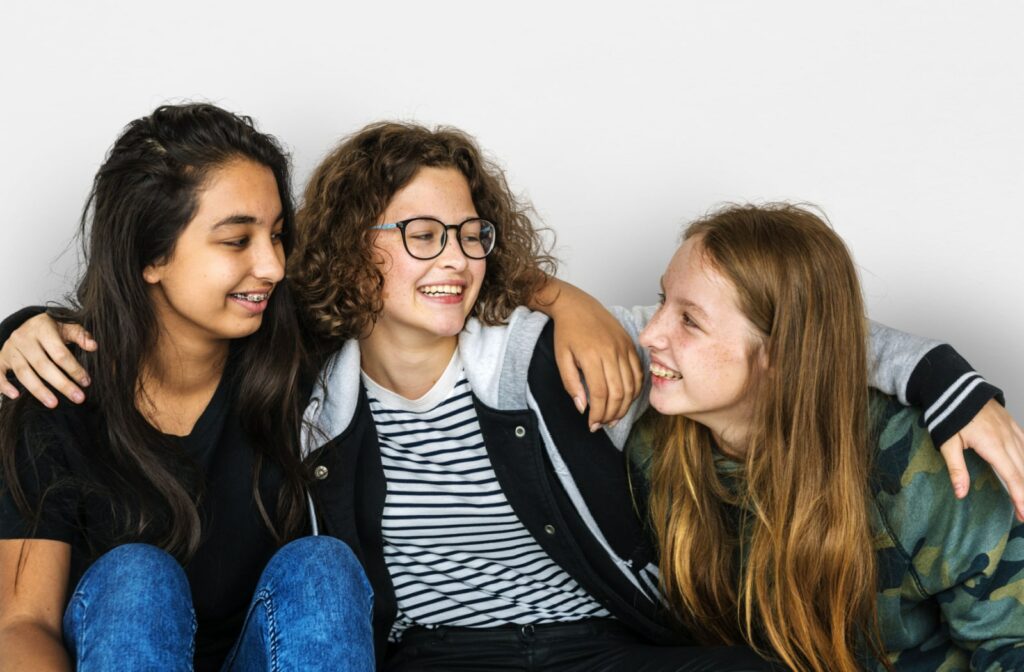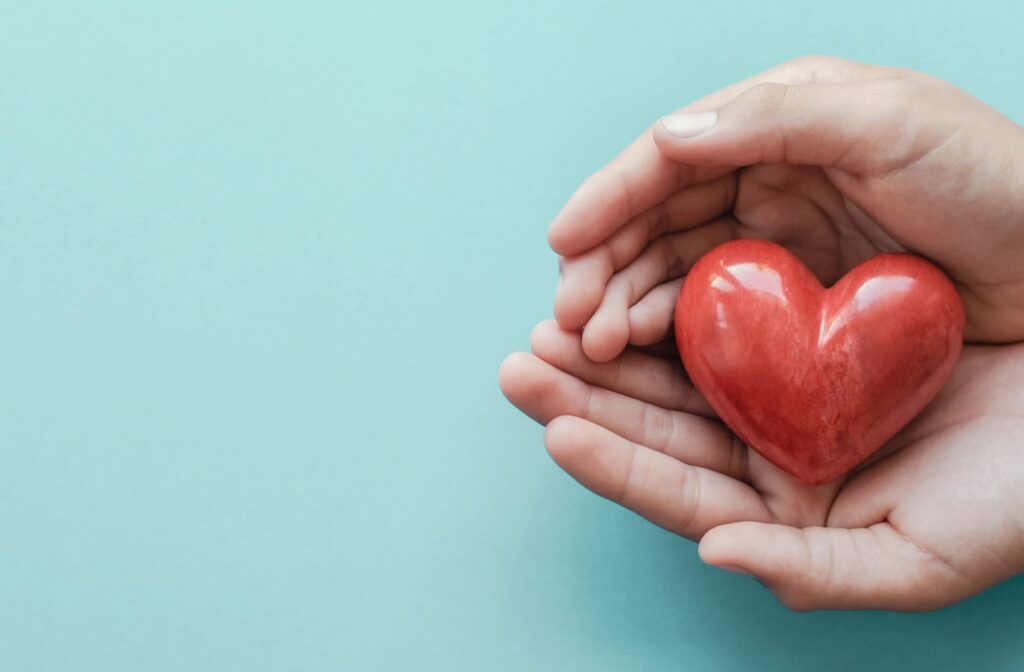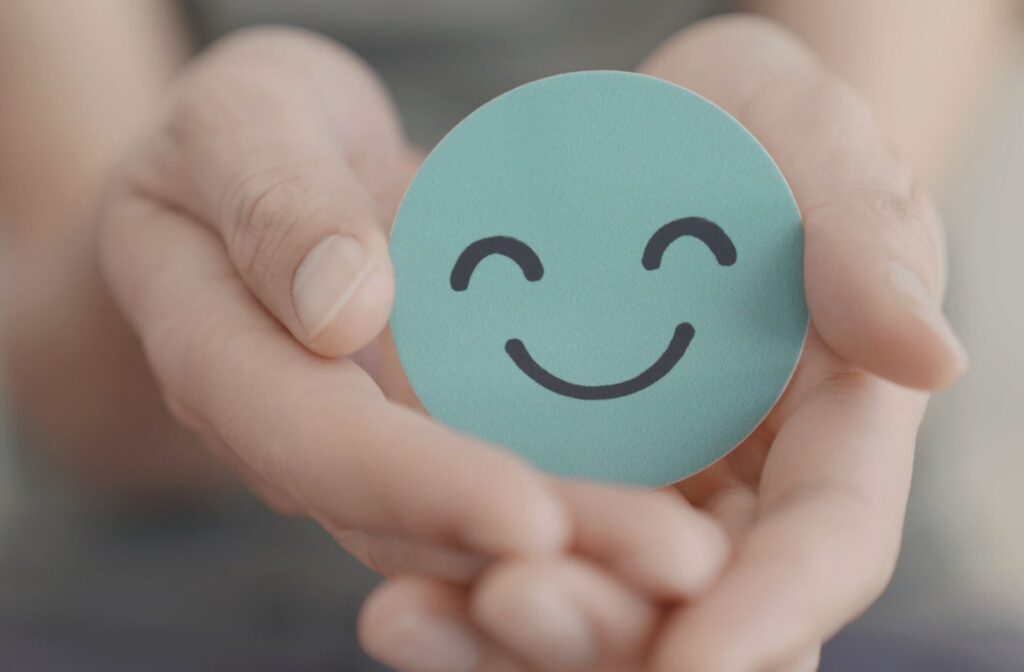Author: Yi-Nuo
From as far back as I can remember, my parents have always commented on the appearances of other people. No matter whether the subject of their conversation was a stranger on the street, a family friend or even me; they would find no shortage of things to say about said subject’s height, weight, skin, hair and facial structure. This, along with influences from the media and my peers, led me to believe that being attractive was one of the most important things a person could be.
I started feeling self-conscious about how I looked when I was around eight years old. It was around that time that my mom would start to occasionally comment on my weight, skin, or hair. She didn’t mean any harm. In fact, she probably thought she was doing me a favour. She restricted what I ate and warned me about how fat I could get if I kept up with the late night snacks. But to a kid who didn’t have a fully developed sense of self-worth, and whose sense of self-worth relied heavily on what she was told by authority figures, such as her parents, it hurt a lot.
It was also around this time that my friends began to speak negatively about their own bodies and they would call themselves ‘fat’ and ‘ugly’. Every book, magazine, movie, and TV show that I saw or read featured ladies that were always picture-perfect; they are beautiful and thin.
My expectations for my appearance were raised to an impossible bar, and I thought that I would never be able to be beautiful until I obtained the ‘perfect’ body.
In Canada, there are tons of girls and women who are unhappy with the way they look. Many go through drastic measures, such as taking drugs, undergoing unnecessary surgery and some develop eating disorders as a result of trying to lose weight. Girls as young as five years old are trying to diet to lose weight and many children below the age of 10 have reported being afraid of becoming fat. The voices of authority in our world- be it family, media, peers, culture, or education- have, from an evidently very young age, conditioned us to believe certain things about our bodies. All our lives, we have been listening to these voices toss around opinions and beliefs about our bodies, and though these opinions and beliefs are often arbitrary and untruthful, we have believe and agree with them. Why? Because we were never taught any other way to think about ourselves.
However, as I grow older, I am starting to learn that my thoughts and beliefs are just as valid as the ones I grew up listening to. I have the power to change my own mindset when it comes to what I believe about myself. I know that my body wasn’t to blame for my insecurity, unhappiness, and self-hatred; my negative body image is the problem, not my body.
I know that my body wasn’t to blame for my insecurity, unhappiness, and self-hatred; my negative body image is the problem, not my body.
It’s hard to change the way I think about myself. It’ll take dedication, practice, and time, but I know that I can get to the point where I love myself unconditionally. We all can get there, and we all deserve to.
If you are dealing with negative body image, remember that you are in control of your sense of self-worth. If someone says that you’re ugly, it doesn’t mean that you are ugly or have to believe that you are ugly. Your body is your own, and you’re the one who gets to call the shots on everything, including the relationship you have with your body image.
You are smarter and stronger than your insecurities surrounding your appearance, size, and weight.
Think positively and be kind towards yourself. Focus more on the things that truly matter. Of all the things we can choose to think about, physical appearance is just one fraction. There’s so much more to who you are and what your life is than what you look like on the outside.
Struggling with body image? Talk to us.

